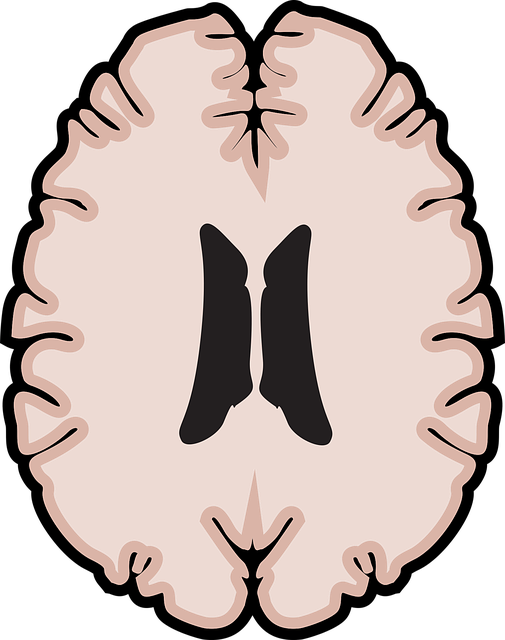Transforming chronic illness care with Recovery-Focused Management (RFM) enhances patient well-being. This approach shifts focus from illness to recovery, teaching coping skills and building hope, self-efficacy, and resilience. RFM strengthens patient-therapist relationships through compassion cultivation, integrating risk management for crisis handling. Superior Chronic Illness Therapy incorporates tailored resilience-building exercises, stress reduction, and adaptive behavior learning, improving quality of life for conditions like diabetes, heart disease, and mental health disorders. Holistic practices, including mindfulness and policy advocacy, foster engagement, adherence, and better health outcomes.
- Understanding RFM and Its Role in Chronic Illness Management
- Designing Resilience-Building Exercises for Effective Therapy
- Integrating RFM into Superior Chronic Illness Care Strategies
Understanding RFM and Its Role in Chronic Illness Management

Understanding RFM (Recovery-Focused Management) is pivotal in enhancing the superior chronic illness therapy landscape. This approach shifts the focus from the illness to an individual’s recovery and resilience, empowering patients to take control of their health journey. By integrating coping skills development techniques, RFM enables folks managing chronic conditions to navigate challenges more effectively. It fosters a sense of hope and self-efficacy, encouraging active participation in one’s treatment plan.
Moreover, compassion cultivation practices within RFM play a crucial role in fostering empathy and understanding between patients and mental health professionals. This not only improves therapeutic relationships but also facilitates a more holistic care approach. Risk management planning becomes an integral part of this process, ensuring that both patients and practitioners are equipped to handle potential crises or setbacks, ultimately enhancing overall well-being outcomes.
Designing Resilience-Building Exercises for Effective Therapy

Resilience-building exercises are a powerful tool within Superior Chronic Illness Therapy, offering therapists a means to equip individuals with effective coping strategies. These exercises are tailored to foster mental and emotional fortitude, enabling clients to navigate life’s challenges with greater ease. When designing such interventions, it is imperative to consider the unique needs and experiences of each individual, especially those from diverse cultural backgrounds. Incorporating elements of burnout prevention and stress management ensures that the exercises are not only therapeutic but also culturally sensitive, addressing potential barriers in mental healthcare practice.
The process involves creating a safe and supportive environment where participants can explore their emotions, set personal goals, and learn adaptive behaviors. By integrating practical strategies for stress reduction and resilience enhancement, therapists facilitate a transformative journey. This approach not only aids in managing chronic illnesses but also promotes overall well-being, empowering individuals to lead more fulfilling lives despite life’s uncertainties.
Integrating RFM into Superior Chronic Illness Care Strategies

Integrating RFM (Resilience, Flexibility, and Mastery) techniques into superior chronic illness care strategies has emerged as a powerful approach to enhance patient outcomes and overall well-being. By incorporating RFM, healthcare providers can address not only the physical symptoms of chronic illnesses but also the psychological and social aspects that significantly impact a person’s quality of life. This holistic integration is particularly beneficial for individuals dealing with conditions such as diabetes, heart disease, or mental health disorders, where long-term management and resilience are key to successful treatment.
RFM exercises focus on building mental fortitude, encouraging adaptability in the face of challenges, and fostering a sense of control. For instance, mindfulness practices and cognitive-behavioral techniques can help reduce the Mental Illness Stigma Reduction Efforts, improve Self-Esteem Improvement, and promote better coping strategies. Mental Health Policy Analysis and Advocacy plays a crucial role in ensuring these exercises are accessible to all patients, regardless of their socio-economic backgrounds or geographical locations. Such initiatives contribute to creating a supportive environment where individuals can actively participate in their care, ultimately leading to improved adherence to treatment plans and better health outcomes.
Resilience, as enhanced through RFM exercises, is a powerful tool in managing chronic illnesses. By integrating these strategies into therapy plans, healthcare professionals can offer superior chronic illness care that not only treats symptoms but also builds long-term coping mechanisms. This holistic approach, combining RFM with tailored resilience-building exercises, has the potential to significantly improve patients’ quality of life and overall well-being.












